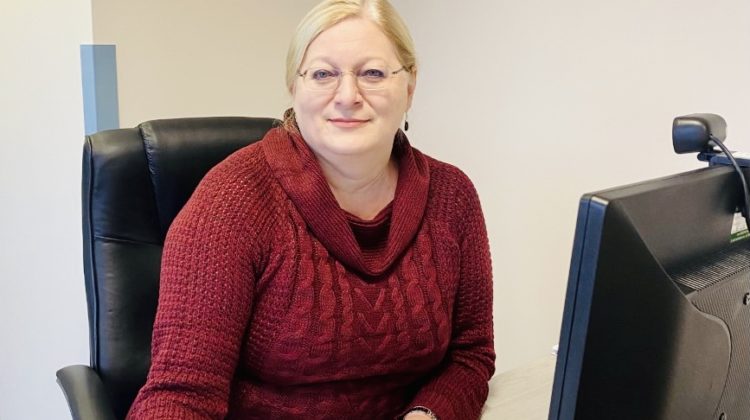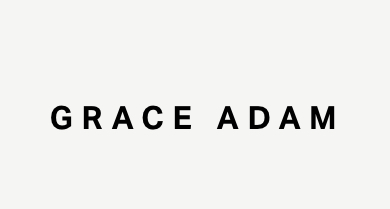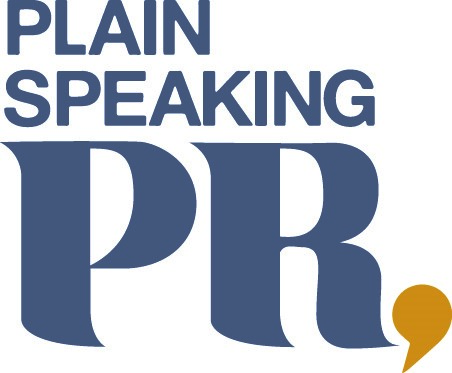
Aliona Derrett is the Chief Exec of Hear for Norfolk. Thanks to a new mobile ear wax removal clinic, she explains how this relatively simple procedure can make a huge difference to a patient’s overall well-being
Last year we welcomed new staff to the charity, everyone settled into their roles and the Norfolk Deaf Association was well positioned to move forward and increase service delivery, notably the new Mobile Aural Care Clinic and going into more care homes to help residents with the maintenance of their hearing aids.
The Covid-19 pandemic had a major impact on the delivery of our Hearing Support Service, which helps people maintain their hearing aids. During Lockdown 1 we could not have clinics and our volunteers were all shielding. We moved to providing postal support. All the work was carried out by our small staff team. New hearing aid tubes and batteries were sent through the post, then a member of the team chatted over the phone or online giving maintenance guidance.
When Lockdown 1 lifted, we introduced home doorstep visits, with the team wearing PPE. This carried on to the end of the summer – when we were able to restart our clinics.
Our Aural Care service (ear wax removal) continued at our Norwich Head Office throughout lockdown, with enhanced infection control procedures. Only one patient was allowed in the building at a time. Appointments were longer to allow for full cleaning and our nurse practitioners were given full PPE.
Our Befriending Service had to be absorbed into the Hearing Support Service. Our volunteers would call service users who can hear, providing emotional support and reassurance and checking how they were coping. Our Tinnitus Support Group, British Sign Language training and Hearing Loss Awareness training all had to be postponed.
The challenges for me as CEO were around safely adapting the delivery model, trying to purchase PPE, which is in short supply, and securing funding going forwards.
The staff team made an enormous commitment to ensure that we could continue operating. They worked long hours and went many extra miles! One of our service users commented that having ears full of wax and a broken hearing aid was worse than Covid-19. We had to keep going and look after people. We have a small team, but we delivered. Because of earlier investment in telephony and IT, we were able to work from home within 24 hours of lockdown.
Our funding is secure for 2020 but going into 2021 there will be challenges. Funders have been changing the criteria for what they will support due to Covid-19. The number of organisations that we can approach for funding has reduced, but the demand for our services continues to increase. This is not a good time to approach businesses for support. Individual donations are also down, along with income from Charitable Trusts.
But there has been good news. Our Hearing Support Service received lottery funding in April and the service’s funding from Norfolk and Waveney Clinical Commissioning Group has been extended for another two years. We also received additional funding for the Aural Care Service.
During Lockdown 2, we continued to deliver our Aural Care and Hearing Support Services. The number of referrals for Aural Care is on the rise and our mobile clinic has done well, especially in the west of the county.
As both services are appointment-based, we do have a challenge with the Hearing Support Service Mobile Clinic. People used to just to turn up, but now they need an appointment. We are working hard to get this message out.
Our staff fill every minute of every working day seeing new patients and service users. We do need to recruit more volunteers for the Hearing Support Service, especially younger people who don’t need to shield.
Our legal name is still Norfolk Deaf Association, but our new working name is Hear for Norfolk.
We had been getting feedback from people confused by the name Norfolk Deaf Association. They thought that we just looked after people who are profoundly deaf. Our brief is much broader than that, so we asked staff, volunteers and service users for ideas for a possible new working name. One of our service users suggested Hear for Norfolk. Everyone agreed that it would represent our activities well and we applied to the Charity Commission for permission to use the new working name. Once this was granted, we went through a rebranding exercise and started using Hear for Norfolk in July.
We have run our Hearing Support Service for more than 20 years. Service users and audiologists were suggesting that ear wax removal would be a useful additional service. If your ears are blocked with wax, your hearing aid functions poorly.
We looked at microsuction as a safe procedure and raised money for the equipment, recruited experienced nurses and launched it as a fee-paying service at our Norwich Head Office in 2018. Then we won the contract to provide ear wax removal for Norwich CCG in 2019. This contract enabled patients to ask their GP for a free referral to our service.
Because of our response to Covid-19, the CCG expanded our contract to the central Norfolk locality. We set about raising the money to buy a van and more microsuction equipment, so that we could take the service on the road and particularly support vulnerable patients across our very rural county.
The new Mobile Aural Care Clinic cost £70,000 to develop, including the purchase and conversion of a vehicle and the acquisition of medical equipment, such as the microscope, the microsuction machine, couch and medical trolleys. Thankfully, the project was supported by several charitable trusts: the Paul Bassham Trust, the Goodman Trust, Norwich Consolidated Charities and the Clothworkers’ Foundation.
Having your ear full of wax can affect your hearing, can be painful and in some cases affect your balance. It is important to remove the wax so the ear can do its job, enabling us to hear so we can communicate, stay connected and stay safe.
This relatively simple procedure can make a huge difference to a patient’s overall well-being, as well as their hearing and ability to communicate.
People underestimate how much we rely on our hearing. Hearing keeps us safe, for example hearing a fire alarm, or traffic approaching when you are crossing the road. Our hearing helps us to communicate, stay connected with people, be in work or education, and generally get on with life.
We think that impaired hearing won’t happen to us. Look at young people with headphones on all the time listening to loud music. It can have a serious long-term impact on their hearing. Poor hearing doesn’t just come with age. Loud noise destroys the hair cells in the cochlea and creates irreparable damage.
Don’t push cotton buds into your ear to clean them. All that will do is push wax further into the ear’s canal. Just keep your ears dry and they will naturally clean themselves.
It’s very rewarding working for the charity and working with the small team, as we made a difference to people’s lives.









Leave a Reply